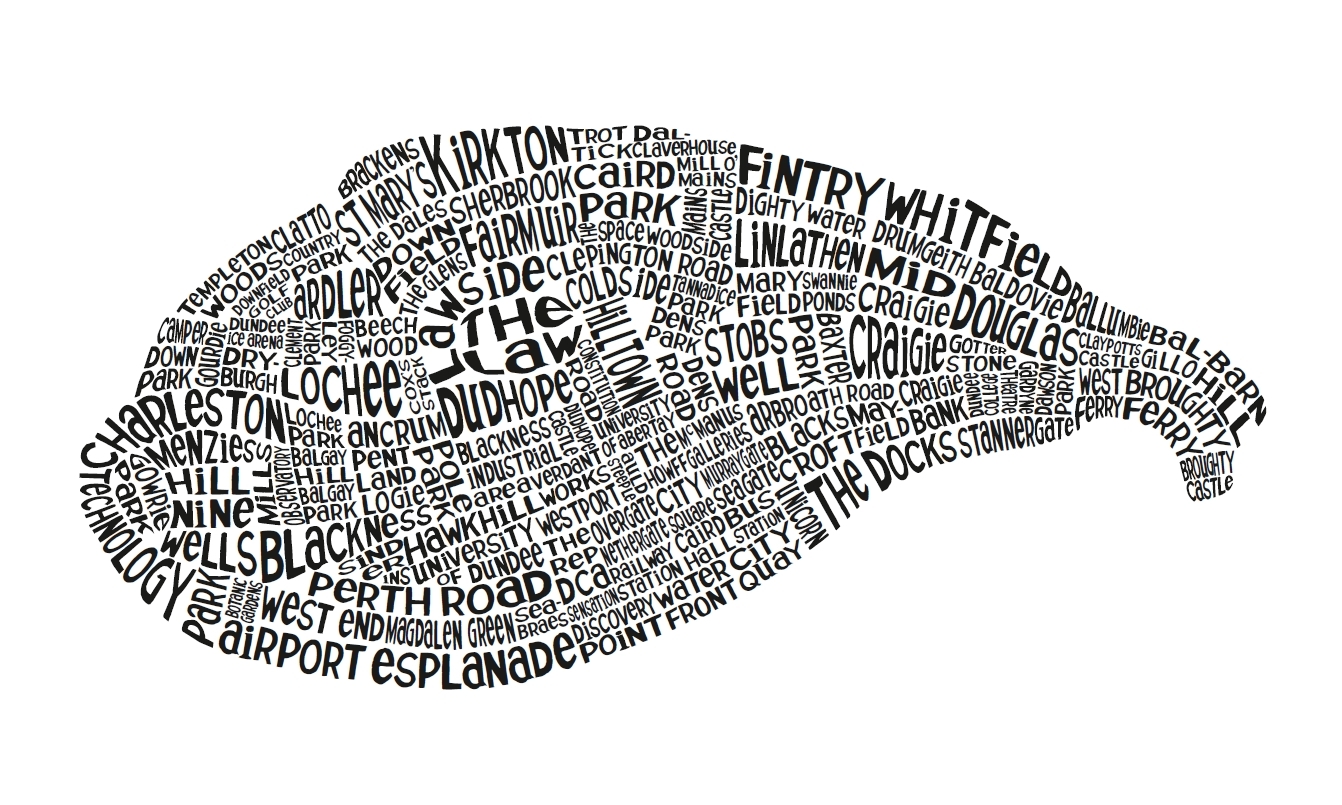As Hull reaps the benefits of winning UK City of Culture 2017, Michael Alexander discovers runner-up Dundee has few regrets and is now setting its ambitions higher.
When it was announced in November 2013 that Dundee’s dream of becoming UK of Culture 2017 was over, there were tears and groans of disappointment from the Dundee bid team gathered in the city centre’s Cafe Borsa.
Dundee had hoped its £25 million year-long programme of events, including a festival of football and a light installation spanning the Tay Bridge, would bring the title to the city.
Instead, it was Hull which was announced as the winner, ahead of the other UK hopefuls Leicester and Swansea Bay.
A reminder of what might have been came this week when architects unveiled plans to transform central Hull in time for 2017.
Hull’s own £25 million proposals will see the “complete redesign” of 14 city centre streets and four public squares, with the addition of new artworks.
The main civic space, Queen Victoria Square, will receive new seating, a water feature and a light installation designed by Nayan Kulkarni. Meanwhile, architectural practice Tonkin Liu has been commissioned to provide a sculpture for the site of Hull’s historic Beverley Gate, where King Charles I was refused entry to the city in 1642.
Hull City Council major projects manager Garry Taylor said the blueprint was the most “fundamental and far-reaching” transformation of the city for 70 years.
And while the Hull “public realm” proposals were scheduled to happen anyway, there is no doubt, according to Ian Midgley of the Hull Daily Mail, they have become intertwined with the City of Culture project and the whole city has become “enthused” by its victory.
Another bid?
However, with Paisley recently overcoming its lack of city status to confirm it is to stand for the 2021 title, should Dundee consider making a bid to claim the title again?
Dundee bid director Bryan Beattie told The Courier the possibility had been “pretty much ruled out”.
However, he said that far from being left bloody nosed by its UK City of Culture bid, Dundee’s reputation as a creative hub has never been higher and the momentum is growing.
“The feedback from the judges and the independent company that looked at the 2017 bids looked on Dundee as being the strongest,” he said. “But they took the view that Hull’s needs were greater, that Dundee was further down the road that it had effectively outgrown the purpose of the competition.
“That said, there are now very real plans afoot to make a bid for the European Capital of Culture in 2023. A bid needs to be in by 2017.”
While the spiralling costs of the V&A project have recently brought inevitably negative headlines, Dundee certainly has plenty reasons to keep smiling.
Ironically, Dundee trumped Hull by more than 30 places in a new survey last October when it was named one of the UK’s top five most cultural cities, seeing off such cultural heavy hitters as London, Glasgow and Manchester.
Then, in January, Dundee was named as the UK’s first Unesco City of Design, receiving messages of support from creative cities around the world including Sapporo, Bilbao, Helsinki and Montreal.
Dundee’s growing reputation was epitomised this week when iconic men’s fashion magazine GQ ran an article under the headline “Why Dundee is becoming Britain’s coolest little city”.
And while much of the city’s recent renaissance is credited to plans to open the V&A, amid city leaders’ pledge that culture would still be at the heart of the city’s regeneration, Mr Beattie believes there is no getting away from the fact Dundee’s decision to stand for UK City of Culture was vital to raising the city’s profile.
“Hull’s investment is not a surprise to me. That is one of the reasons why Dundee wanted to go for it. To bring focus and attention to the city,” he said.
“So it’s not a surprise to see Hull making progress.
“I’m biased of course. But even the process of going for it put Dundee on the map as a credible place to live, work and visit.”
Still cultural
For Bryan, the city’s growing confidence was epitomised in November 2013 when a poll asked 400 Dundonians how they described their city. The second top answer was “cultural”.
He added: “That underlined to me the realisation of people in the city what strengths Dundee has. We are not the finished article. There is still a lot to do. But let’s focus on the positives of the city. That’s the beauty of this process that it focuses on the positives.
“The bid for Unesco City of Design also put Dundee in a rarefied league.
“Take that GQ magazine article, for example. It just wouldn’t have happened before. So let’s keep the momentum going.”
